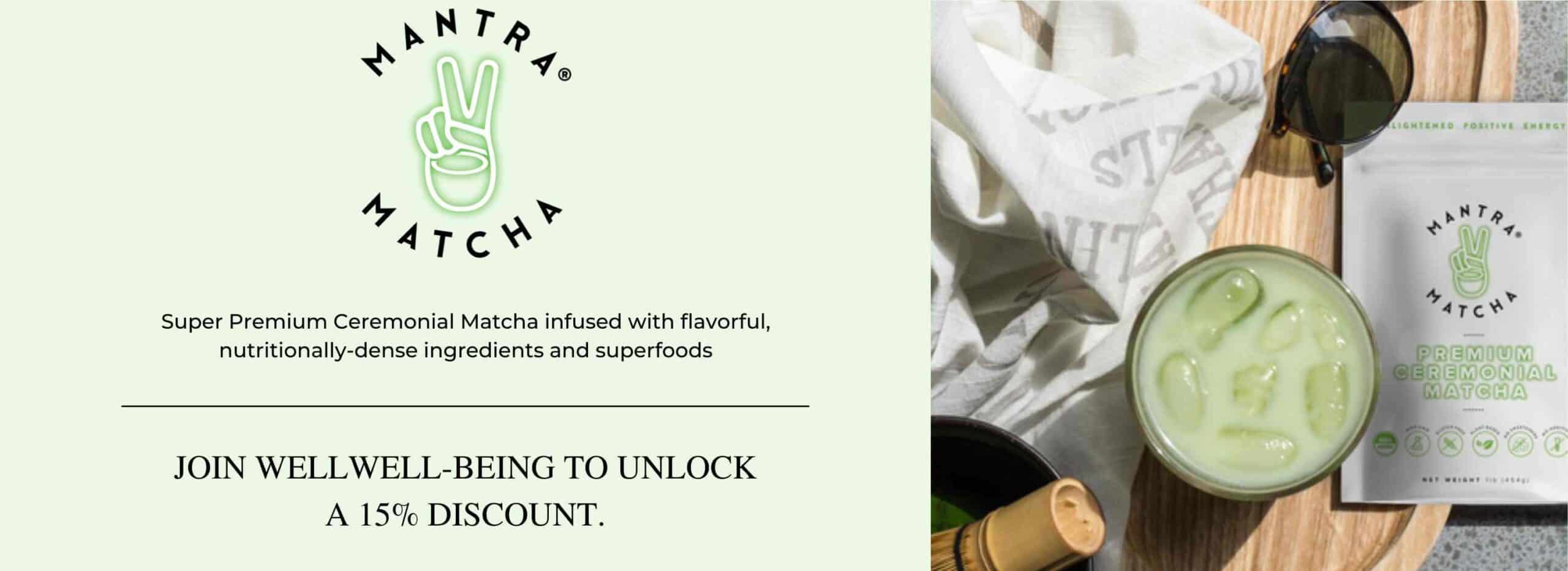By John Salak –
An ounce of prevention is probably worth more than a pound of cure when it comes to dealing with pandemics like COVID-19, according to a new peer review study supported by more than 20 institutions.
“It turns out prevention really is the best medicine,” reported the study’s co-lead author Stuart Pimm of Duke University. “We estimate we could greatly reduce the likelihood of another pandemic by investing as little as one-twentieth of the losses incurred so far from COVID into conservation measures designed to help stop the spread of these viruses from wildlife to humans in the first place.” Of course, determining the financial cost of the COVID-19 pandemic is a challenging proposition just on its own. There are various ongoing treatments and control costs and then there are financial ramifications to the global economy.
Treatments and related medical costs undoubtedly are running into the tens of billions of dollars, if not hundreds of billions. The impact on the global economy is even greater, according to the International Monetary Fund (IMF). The IMF estimates that the COVID-19 pandemic is going to cost the global economy more than $12 trillion through 2024 as a result of supply chain disruptions, inflation and tighter monetary policies.
The study recommends focusing prevention resources on the pandemic ignition triggers, which include preventing the spread of diseases from animals to humans. This would involve investing in programs to end tropical deforestation, international wildlife trafficking, the sale of wild meat in China, while also improving disease surveillance and control in wild and domestic animals worldwide.
The researchers point to these triggers because COVID, SARS, HIV, Ebola and other viruses have emerged in the last century in wild places and in wild animals before spreading to humans. These deadly transfers are only likely to increase as tropical forest edges are cleared, making these areas hotbeds for animal-to-human virus transmissions. The growth in markets where wild animals are sold dead or alive are also contributing to virus transfers, they warned.
“The bottom line is, if we don’t stop destroying the environment and selling wild species as pets, meat or medicine, these diseases are just going to keep coming. And as this current pandemic shows, controlling them is inordinately costly and difficult,” Pimm said. “It’s been two years since COVID emerged and the cure still isn’t working. Not enough people are vaccinated in the U.S., where shots are available and we can afford them, and not enough vaccines are going to other countries that can’t afford them.”
The cost of these preventative measures suggested in the study equals about 5 percent of the estimated annual economic losses associated with human deaths from COVID-19. The research, which was built by epidemiologists, economists, ecologists and conservation biologists from 21 institutions, also claimed these efforts would reduce the risk of future zoonotic pandemics by up to 50 percent.
“We’re talking about an investment of tens of billions of dollars a year. Governments have that kind of money,” Pimm said. Beyond the need to train more wildlife veterinarians, the researchers called for the creation of a global database of virus genomics. This information touchpoint could help pinpoint the source of newly emerging pathogens early enough to slow or stop their spread. It would also help speed the development of vaccines and diagnostic tests.
“Prevention is much cheaper than cures,” added the study’s co-lead author Aaron Bernstein of Harvard University’s T.H. Chan School of Public Health. “Preventing epidemics before they break out is the ultimate economic bargain.”














